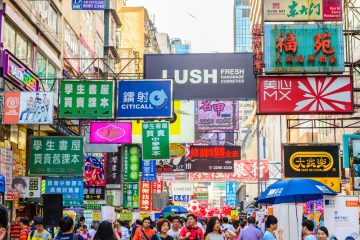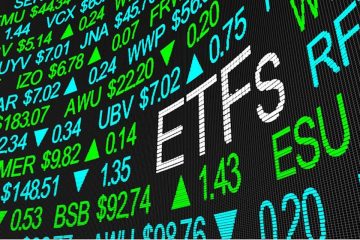The Elites Are Jumping Ship As The Financial Collapse Draws Near

It’s easy to think of the political and financial elites who run our world as lofty and all powerful. They command dangerous governments that can wield devastating weapons, central banks that treat our economy like a rigged casino, media conglomerates that pacify the minds of the public, and unbelievably wealthy corporations that have concentrated wealth to an unprecedented degree.
However, they’re certainly not invincible, and the systems of control that they’ve created are rapidly diminishing. Most notably, they seem all to aware of the fact that the global economy is headed for a crash. On the rare occasion where you can catch one of the elites in a moment of candor, they’ll tell you that the party is almost over.
Mohamed A. El-Erian is a bona fide member of the global power elite (a former deputy director of the IMF and president of the Harvard Management Co.). Yet he writes in a fairly accessible style on the popular Bloomberg website. When El-Erian talks, we should all listen.
In a recent article he raises serious doubts about the sustainability of the bull market in stocks because of reduced liquidity resulting from simultaneous policy tightening by the Fed, European Central Bank (ECB) and the Bank of England.
He says stocks rose on a sea of liquidity and they may crash when that liquidity is removed. This is a warning to other elites, but it’s also a warning to you.
Their actions are quite telling as well. Sovereign wealth funds, which are largely funded and owned by powerful governments to invest in domestic industries, are jumping ship.
Among sovereign wealth funds, the Government of Singapore Investment Corp. (GIC) is one of the largest, with over $ 354 billion in assets. So what does the head of GIC say about markets today?
Lim Chow Kiat, CEO of GIC, warns that “valuations are stretched, policy uncertainty is high” and investors are being too complacent.
GIC allocates 40% of its assets to cash or highly liquid bonds and only 27% of its assets to developed economy equities.
Meanwhile, the typical American small retail investor probably has 60% or more of her 401(k) in developed economy equities, mostly U.S.
In other words, the investment arms of wealthy nations are pulling out of the stock market and out of companies in their own economies (developed economy equities), and putting their money into assets that can be quickly turned into cash. It’s practically an admission by the elites, that they think the economy is completely unstable.






